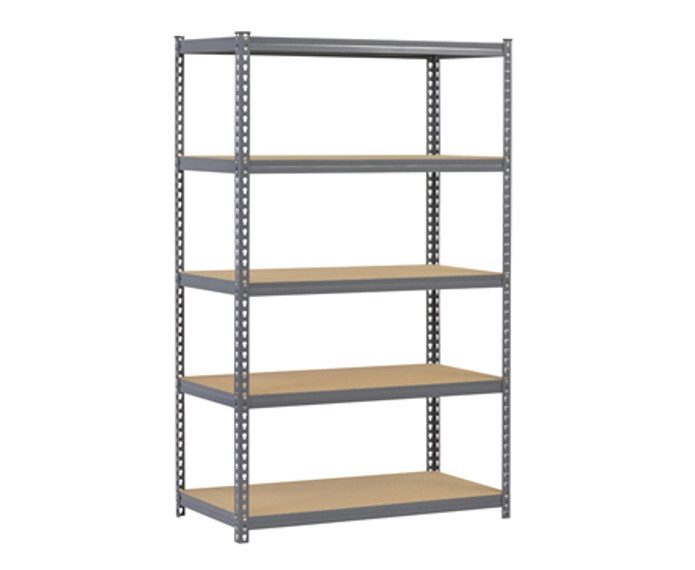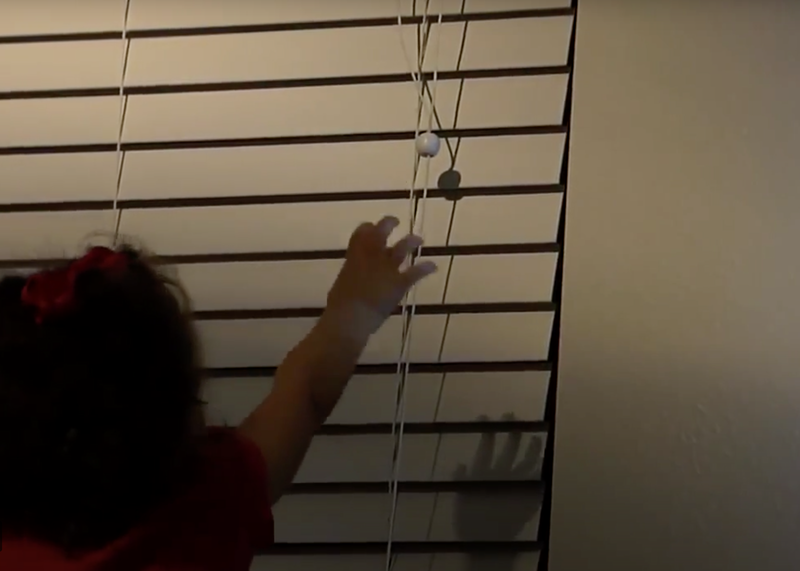Should You Remodel or Move? Here's How to Decide

If your home is no longer working for you and your family, you'll find yourself faced with a familiar conundrum: Should you remodel your house or move to a new one? There's no simple answer to this question, and the option that’s right for you depends on the factors that are most important to you.
This May Also Interest You: How to Move: A Guide to Preparing for Moving Day
You may prefer to stay in your existing home if possible because the space holds a lot of precious memories for you and your family. For others, cost may be the dealbreaker. Below, we’ll walk you through how to decide whether to renovate or move.
Is It Better to Remodel or Move?
Setting costs aside, there are several factors to consider when deciding whether to renovate or move. First, it's worth asking yourself whether it's possible to transform your existing home into your ideal living space. If your home doesn't have the potential to expand enough to accommodate a growing family comfortably, you may be better off moving house. Similarly, a move may be better for you if the location of your current house is inconvenient.
On the other hand, it may surprise you how much you can transform a house with clever remodeling or even an extension. If you're generally happy with your home's location, it's worth asking a local contractor to look at your existing space and suggest ways to make it larger or more practical. Once you've seen what's possible, you'll be able to compare it with new properties in your price range more easily to help you decide whether to remodel or move.
Is It Cheaper to Remodel or Move?
Cost is often one of the most important factors for homeowners deciding whether to remodel or move. Generally, right now is an expensive time to buy a new house. (That said, it’s also an expensive time to renovate.) According to a recent Zillow report, the average price of homes in the United States now stands at $287,148, following a record-breaking 13.2% year-over-year increase.
House prices vary widely by area, so whether it's cost-effective to move depends on how much the value of your existing home has increased compared to homes in the area you wish to move to.
Furthermore, there are hidden costs to moving house, including the appraisal, home inspection fees and realtor commissions. Overall, you should plan to pay the equivalent of between 3% and 5% of your mortgage amount on closing fees.
You’ve also got to get your stuff from one place to another. Forbes says it could cost you as much as $9,500 to move 1,000 cubic feet of belongings, depending on how far you’re going. You can often save money on moving fees by avoiding the busy period between May and August.
Generally, it's more affordable to remodel than move house, but that doesn't mean it's a cheap option. If your home just needs a bit of a face-lift, it's almost certainly cheaper to remodel than move. However, if the entire home needs remodeling, you should expect to spend between $100,000 and $200,000 on average, according to data from Millionacres. The overall cost depends on what work you're planning and the size of your living space. Getting several quotes from contractors can help you decide whether you should remodel or move based on affordability and how much upheaval is likely to be involved.
More Related Articles:
- What to Expect When They’re Inspecting: Your Home-Inspection Checklist
- Moving? Renovating? Here’s Everything You Need to Know About Short-Term Storage Costs
- Why Do You Need a Building Permit and How Much Will It Cost?
- What Do You Need a Property Survey for and How Much Does One Cost?
- Trash Cash: Here’s How Much It Costs to Rent a Renovation Dumpster
Should I Build an Addition or Move?
Building an addition is an alternative to moving and is worth considering if your primary motivation for moving is to have more space. Get several quotes to help you understand how much the finished project is likely to cost. Most additions cost between $35,000 and $60,000, so says Remodeling Calculator. Don't forget to factor in the costs of renting accommodation while you wait for the builders to finish. Compare the costs of building the addition to buying a new house to see which option is more affordable.
It's also worth considering how much of a disruption the project is likely to cause. If you can continue to live in your home while building an extension, you may decide that it's best to stay put instead of moving house. However, building an addition may require you to overhaul your electrical or plumbing systems completely. Think carefully about whether this is manageable for you or if you'd prefer to avoid the inconvenience.
Finally, consider how much the addition is likely to increase your home's value. While building an addition will make your home more practical while you continue to live in it, it's worth thinking about whether it will pay off if you decide to move. Compare the selling prices of similar homes in your area with and without an addition. If building an addition has little impact on the selling price, you won’t recoup much on your investment. In that case, it may be better to buy a new home.
Is Remodeling a House Worth It?
Remodeling a house is generally worth it if the project makes your home more practical and comfortable to live in — especially if it's more affordable than moving house. However, it's also worth considering the likely return-on-investment should you decide to sell in the future.
Whether your home improvement project yields a decent ROI depends on the type of work you're planning and the quality of the finish. For example, installing a new roof could actually increase your home's resale value by more than the project cost. Meanwhile, a basement renovation offers an ROI of just 64% on average. If your project requires you to significantly change or replace major home systems like your plumbing, this will increase the overall installation cost and reduce your potential ROI.


